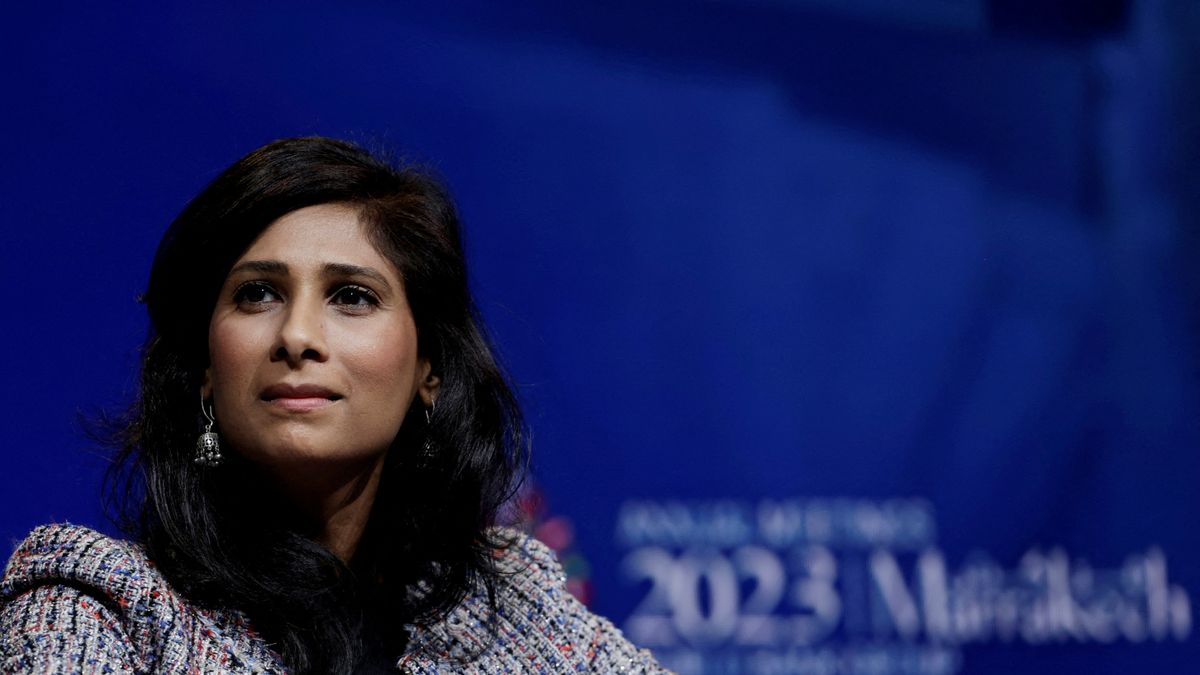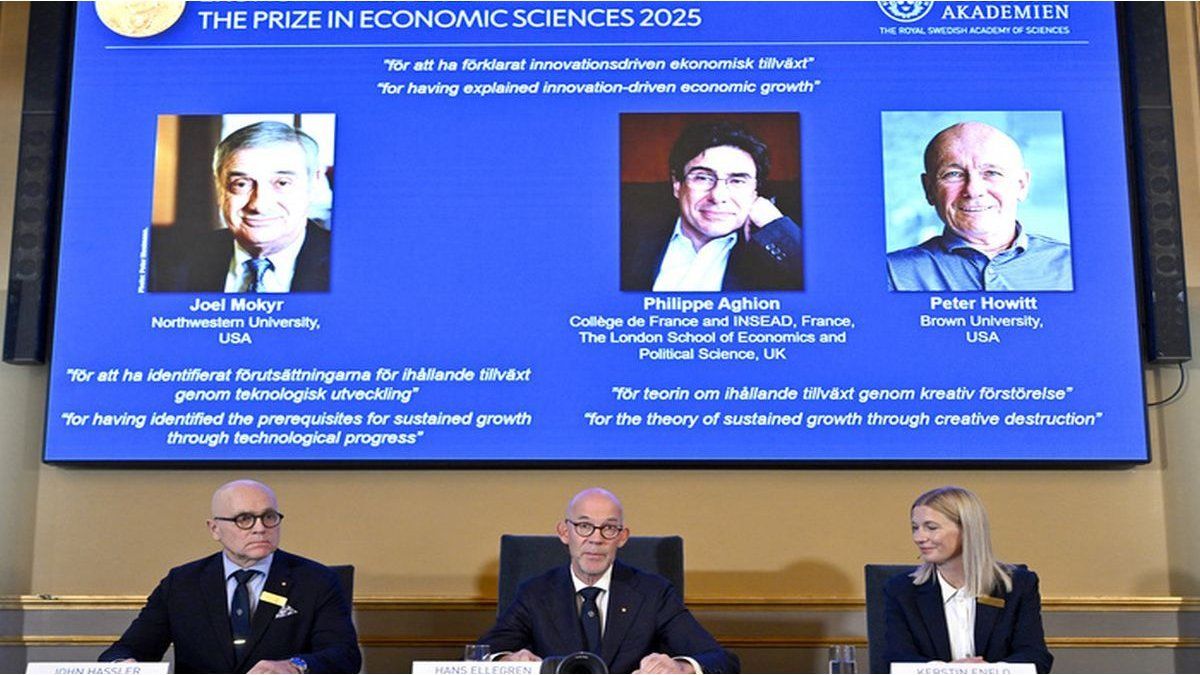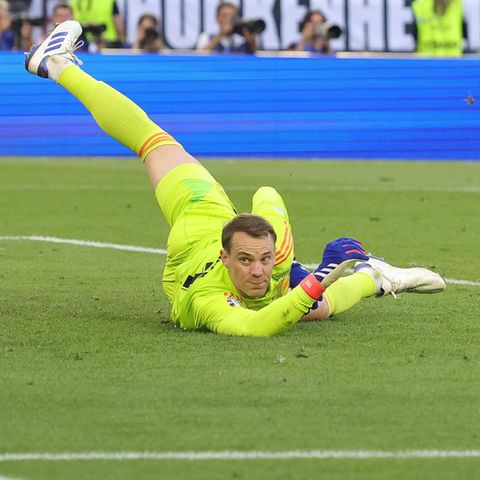Gita Gopinath, Economist number 2 of the International Monetary Fund (IMF)held a virtual meeting with members of the economic team headed by the headline Luis Caputo and highlighted the advances in the negotiations for the firm of new agreement with the agency.
Through social networks, the first deputy manager of the IMPdetailed the meeting and thanked the Argentine officials who participated in the videoconference. “Excellent discussion with Minister Luis Caputo and the president of Banco Santiago Bausili. Achieve very good advances in negotiations towards a new program backed by the Fund to further improve stability and growth in Argentina”he said in a message on Network X.
Embed – https://publish.twitter.com/Oembed?url=https://x.com/gitagopinath/status/1895527754680172809?t=GNFDY60-CN9Z90IKqu9NBW&S=08&partner=&hide_thread=false
Once the IMF official published her message, Minister Caputo’s response was swift: “Thanks to you, your team,” replied.
What are the expectations for the new agreement with IMF
Experts say that the concretion of a according to the IMF It would have deep effects on the Argentine economic landscape. Internally, capital injection would allow stabilizing the exchange market, strengthening the Central Bank and improving liquidity in the coffers of the country.
Likewise, a well -structured plan could facilitate the implementation of fiscal and administrative reforms that generate trust in both citizens and in the business sector. But above all, I would generate The possibility of lifting the stocks to the dollar.
Caputo He warned days ago An agreement with the IMF does not mean that the next day there is a lifting of the exchange rate or a devaluation. “The agreement with the Fund does not imply that it leaves the exchange restrictions the next day,” he warned Caputobut stressed that it will accelerate the recapitalization process of the Central Bank that is carrying out its management.
This recapitalization is one of the three conditions established by the Government to achieve the removal of the exchange rate. The other two are that inflation converges with the “crawling peg” of the official exchange rate and that the demand for money ends up absorbing the monetary excess that, they say, inherited from the previous government.
Javier Milei said on February 3 that the departure of the stocks It will be on January 1, 2026, unless it can be advanced by a Fund disbursement.“The stocks will cease to exist. Now, if there is a disbursement of the background, we can do it faster. You have to see how the program is structured”the presodent said.
Regarding negotiations with the IMF, Milei said they are working to advance the agreement but stressed that it has the “conviction that,, So that Argentina does well, it depends only on Argentina“
In that sense, he remarked: “Our policy is fiscal hardness, not negotiate the zero deficit and maintain a hard monetary policy. If we later have financial bridges to accelerate, welcome.”
The head of the IMF itself, Kristalina Georgievahighlighted advances in the negotiation after meeting with Milei in Washington, USA, where they analyzed the new plan for Argentina. “Our teams continue to work for new the program with the IMF,” he said.
According to the fund: what are the points under discussion with the IMF
Thediscussion points of the agreement With the IMF, they are the progressive decrease of the international reserves of the Central Bank, an unstable exchange market and internal pressures that require structural solutions are the points that the fund looks at distrust.
In the international level, analysts say that a successful agreement would reaffirm Argentina’s commitment to the Fiscal discipline and transparency, fundamental elements to attract New investments and improve their relationships with multilateral organisms.
The possibility of establishing strategic alliances with technology companies and other global actors would also position the country as an emerging destination in the field of innovation and digital transformation.
Source: Ambito




